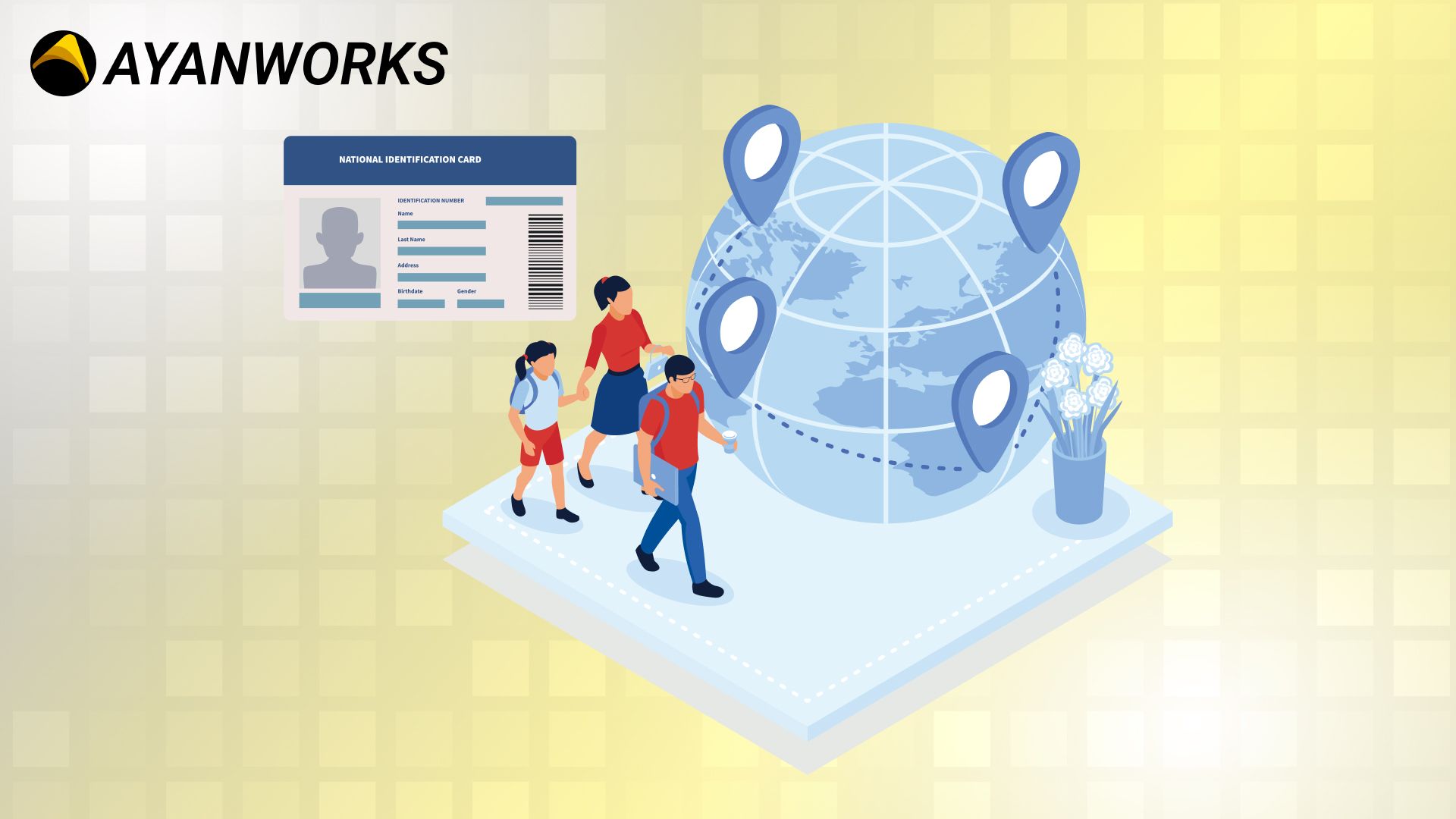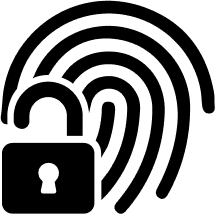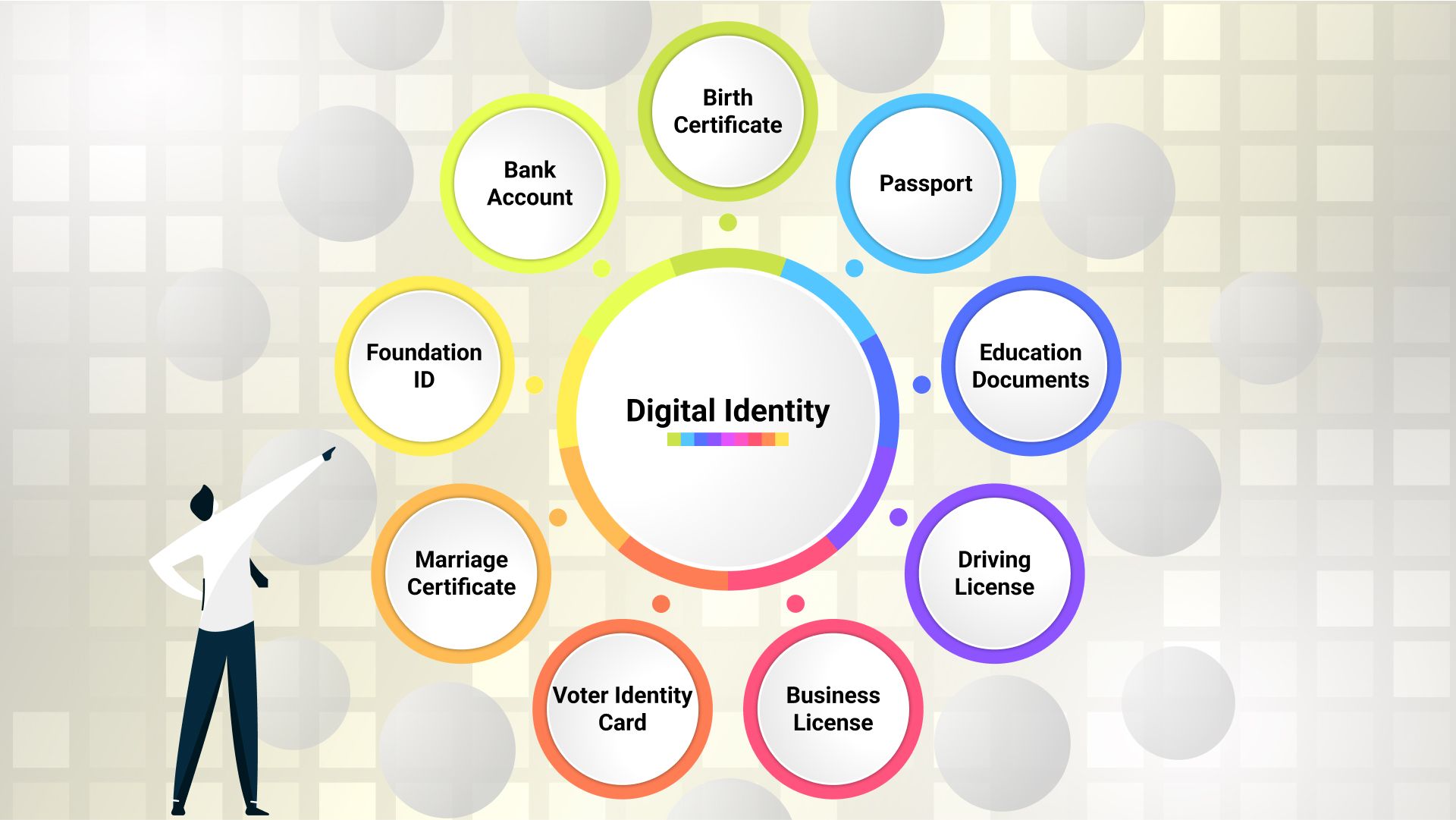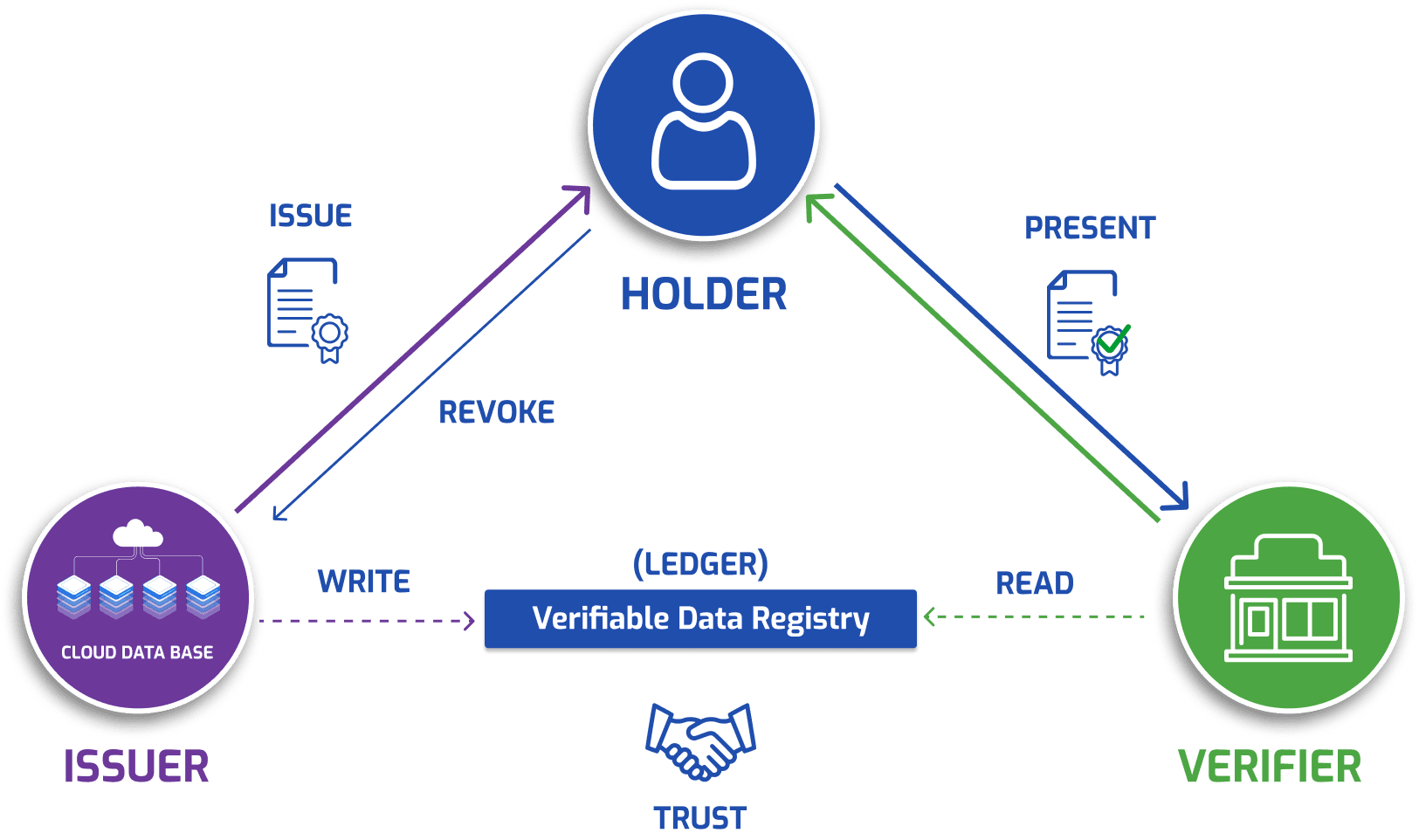AYANWORKS joins the Linux Foundation Decentralized Trust (LF Decentralized Trust) as Founding Member! Click here to learn more.
AYANWORKS joins the Linux Foundation Decentralized Trust (LF Decentralized Trust) as Founding Member! Click here to learn more.

Case Studies
In the digital era, our online identity is one of our most valuable assets. It grants us access to a myriad of services, starting from establishing identity including citizens, residents, refugees, migrants and travelers which takes care of diversity and inclusion that ensures every individual has a safe, secure and verifiable identity. This also aligns with United Nations sustainable SDG 16.9 goals. This can be further extended for various services such as purchasing goods to opening bank accounts.
National Identity changes the status quo of the stateless by giving them safe and secure identity and treating them as equals amongst all the individuals of the planet. This gives them access to food, health, education and direct debit transfers. Ensures safe and secured cross border movements hence it is the basic need and rights of an individual.
Benefits of Blockchain for National ID Systems
 |
|
 |
|
 |
|
 |
|
 |
|

The Principle of Self-Sovereign Identity (SSI)
Blockchain-based digital ID systems are built on the principle of self-sovereign identity (SSI). SSI allows individuals to have control over their personal information, sharing only the necessary details with service providers. For instance, when verifying legal drinking age at a bar, a person could present a credential that confirms they are of age without revealing additional information like their name or address.
This selective disclosure is a fundamental shift from traditional ID systems where full identity information is often required. SSI ensures that both parties in a transaction can trust each other by verifying only the essential data, thereby enhancing privacy and security.
Listed below are 12 principle of SSI:
An SSI ecosystem shall provide the means for any entity—human, legal, natural, physical or digital—to be represented by any number of digital identities.
An SSI ecosystem shall empower entities who have natural, human, or legal rights in relation to their identity (“Identity Rights Holders”) to control usage of their digital identity data and exert this control by employing and/or delegating to agents and guardians of their choice, including individuals, organizations, devices, and software.
An SSI ecosystem shall not exclude or discriminate against identity rights holders within its governance scope.
An SSI ecosystem shall maximize usability and accessibility of agents and other SSI components for identity rights holders, including consistency of user experience.
An SSI ecosystem shall not require an identity rights holder to participate.
An SSI ecosystem shall not require reliance on a centralized system to represent, control, or verify an entity’s digital identity data.
An SSI ecosystem shall enable digital identity data for an entity to be represented, exchanged, secured, protected, and verified interoperably using open, public, and royalty-free standards.
An SSI ecosystem shall not restrict the ability of identity rights holders to move or transfer a copy of their digital identity data to the agents or systems of their choice.
An SSI ecosystem shall empower identity rights holders to secure their digital identity data at rest and in motion, to control their own identifiers and encryption keys, and to employ end-to-end encryption for all interactions.
An SSI ecosystem shall empower identity rights holders to provide verifiable proof of the authenticity of their digital identity data.
An SSI ecosystem shall empower identity rights holders to protect the privacy of their digital identity data and to share the minimum digital identity data required for any particular interaction.
An SSI ecosystem shall empower identity rights holders and all other stakeholders to easily access and verify information necessary to understand the incentives, rules, policies, and algorithms under which agents and other components of SSI ecosystems operate.
Here is the illustration of the Trust Triangle to showcase the interaction between the three key stakeholders Issuer, Holder and Verifier.

Real-World Implementations
Bhutan NDI
In Asia, Bhutan has become the first sovereign nation to implement an SSI-based digital identity system on a national level. The National Digital Identity (NDI) Project is a cornerstone of Bhutan's Digital Drukyul Flagship Program. It leverages Decentralized Identifiers (DIDs) and SSI principles to provide citizens with a secure, efficient, and user-friendly way to access government and commercial services.
Bhutan's NDI system is designed as a mobile wallet that holds personal credentials, such as identity documents and certificates, which can be used to verify identity-related information. Available on both iOS and Android, the app allows users to share verified credentials to authenticate themselves digitally and access services online.
The NDI system enhances trust and privacy by using a decentralized architecture, eliminating the need for a central data repository. This model supports zero-knowledge proofs and selective disclosure, aligning with modern data protection standards like Europe's GDPR. By future-proofing its digital infrastructure, Bhutan aims to create a resilient and inclusive digital identity ecosystem that benefits all citizens, from rural areas to urban centers.
Notably, AYANWORKS played a crucial role in assisting the Bhutan NDI team in developing this advanced digital identity solution, showcasing the power of collaboration in achieving technological milestones.
Conclusion
Blockchain technology offers a transformative solution for national ID systems, providing enhanced security, privacy, and efficiency. By adopting principles of self-sovereign identity and leveraging the decentralized nature of blockchain, governments can create robust and trustworthy digital identity systems.
Connect with us if you have any challenges regarding national identity solutions and explore how our DPI-as-a-service can help you build a successful national identity system.
© 2015 - 2024 AYANWORKS Technology Solutions Private Limited